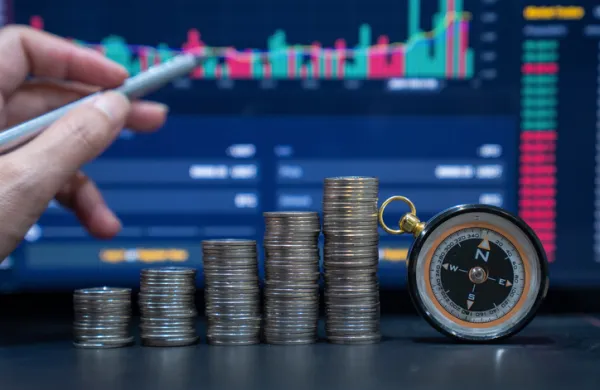AQR Capital Management is making the case that quantitative investing and environmental, social and governance investing are a good fit.
Historically, fundamental managers have dominated ESG, in part because they pick securities based on in-depth company research and argue that they are best equipped to unearth facts about the quality of soft issues like a company’s commitment to mitigating the risks of climate change. Companies, however, increasingly disclose troves of data about their ESG efforts.
Earlier this year, AQR started doing its own in-house research on proxy voting to supplement information it continues to get from third-party proxy advisors like Institutional Shareholder Services.
“We went through research on sustainable policies and how we could change the average way we vote. The changes we’ve made increase the likelihood that we’ll vote in favor of ESG proposals. We’ve implemented the sustainable policy across the firm for all commingled funds. That’s a strong statement on ESG,” said Chris Palazzolo, principal and head of responsible investment at AQR, in an interview with Institutional Investor.
The in-house team gives the firm the ability to better evaluate certain proposals, on which it already has expertise, such as corporate restructurings.
“We already trade on our views of restructurings. If management proposes to shareholders to take over a company or sell itself, we know better than external advisors whether we should vote yes or no. Overall, the direction of travel for us is more direct involvement,” said Palazzolo.
AQR, like many large asset managers, can make a difference in the outcomes of shareholder proposals. “We are in the top 3 or top 5 largest owners of certain stocks. That’s important. If you have a 2 percent share, you can swing the vote, if the vote is close,” he said.
Overall, AQR is using an increasing number of signals from ESG information to generate alpha in its portfolios.
“In the long term, we’ve made money off those signals,” Lukasz Pomorski, managing director and head of ESG research at AQR, told II. “Take our flagship stock selection process, up to 15 percent of the positioning is based on ESG signals, including how transparent a company is or how aggressive or conservative it is with earnings.”
AQR uses fewer ESG signals in some sectors and geographies. “It will be less in some contexts, like emerging markets, where 5 to 10 percent of that process will be ESG driven,” said Pomorski.
“We use [ESG information] more for alpha than to identify risk. That’s because of the investment horizon,” said Pomorski. “Think of climate change. I believe there are potential risks to investments, but they’re unlikely to manifest over our holding periods [for many of our funds]. We generally rebalance on a scale measured in weeks or months. For example, in our typical stock portfolios any one position will be typically be in a portfolio for a year or year and a half. In portfolios with longer term holding periods, then I would argue that ESG also lowers our exposure to those soft risks.”
[II Deep Dive: Jeff Ubben Believes ESG Has ‘Hijacked the Conversation’ and Is ‘Dangerously Adding Fuel to the Fire’]
For AQR, ESG has helped highlight the broader value of some company attributes, such as transparency.
To that end, AQR has a research project underway to identify signals on the quality of a company’s level of transparency to the market.
“If you had to give one word that we stand for, it’s transparency. The more transparent a firm, the better. It allows people to make better decisions. We are doing a research project that Lukasz is spearheading to try and systematically measure how transparent companies are,” said Palazzolo.
“We want to know upfront how companies are dealing with these issues,” he added.







